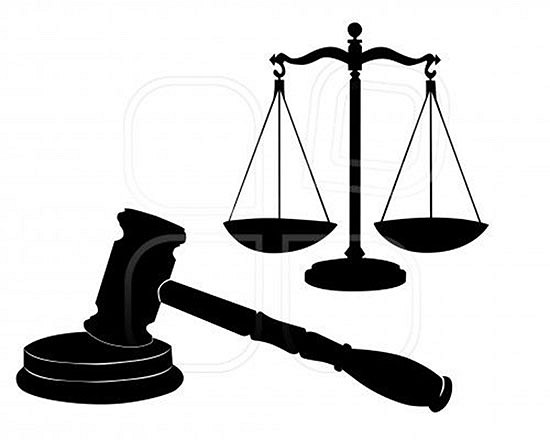Principles, fools, and millionaires
Most lawyers adopt the pragmatic view that clients who litigate on principle are either fools or millionaires. That is not to say that people should not stand by their principles, but they do need to understand the consequences.
There is nothing lawyers like better than someone who has both strong principles and deep pockets. However, from a commercially pragmatic point of view, while it contributes significantly to the lawyer’s superannuation fund, it is often detrimental to their financial interests.
Litigation is by its very nature like peeling an onion. It is very hard to predict where it is going because, like a battle, or even a boxing fight, the best laid plans are immediately thrown into disarray by the first engagement because the other party reacts, or may react, in an entirely different way to the way you think they ought or should.
In my experience, because the outcome of litigation is both expensive and uncertain, a great deal of time should be put into putting yourselves into the shoes of the other party. A settlement is always preferrable to litigation.
At times it’s very hard when principles stand in the way. However, the harsh reality is that in a settlement, both parties will undoubtedly feel that they have not achieved the best result and they will be unhappy. But being unhappy, for both parties, is pretty much the same as being happy, at least it is equal!
To do that, egos need to be put to one side. We adopt a situation where early on in the dispute we ask all parties and their legal representatives to attend a without prejudice meeting. That effectively means whatever is said at that meeting cannot be used at a later date in any court proceedings.
At that meeting, every person is asked a simple question: What do you see as the issue, and what do you see is the solution?
They have five minutes to outline that. We do not brook any interruptions in their delivery. We record the 10 major points from their point of view on the board, and then we do the same for each party to the dispute.
It is often entirely practical to then look at the 10 points from each party, and start cancelling out things that are very similar, even if we add some money to bring it to an agreed point.
We then point out the cost of litigation. For example, in a Supreme Court matter, it is not unusual to cost between $50,000 to $70,000 just to get to the door of the court. Someone is going to win, and someone is going to lose, and the outcome is always uncertain.
If the loser looks at the likely costs that they will pay, plus some or all of the costs of the other side depending on the circumstances, there is a lot to be gained from settling the matter. If we settle the matter, I guarantee that all parties will not be happy that they have not achieved what they believe they are entitled to. On the other hand, that’s pretty similar to all parties being happy.
In short, wherever possible, settle, and I cannot repeat often enough that strong principles are the province of both fools and millionaires.
For further advice in this area, contact Peter Nevile of Nevile & Co. Commercial Lawyers [email protected] •

City of Melbourne unveils next urban forest plan for the CBD





 Download the Latest Edition
Download the Latest Edition